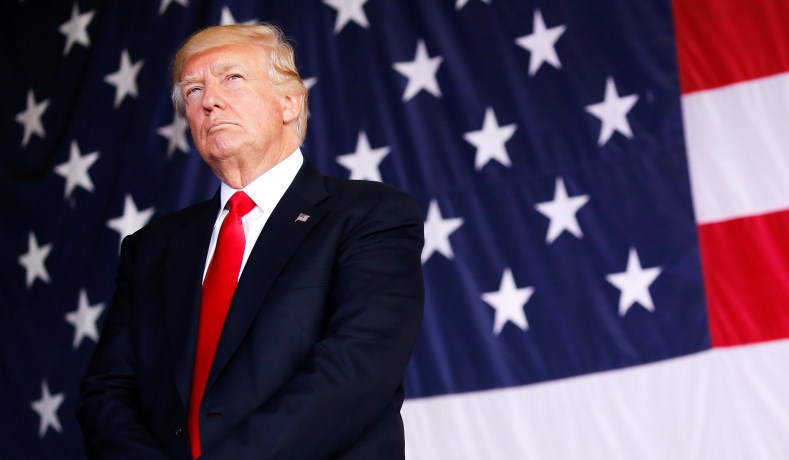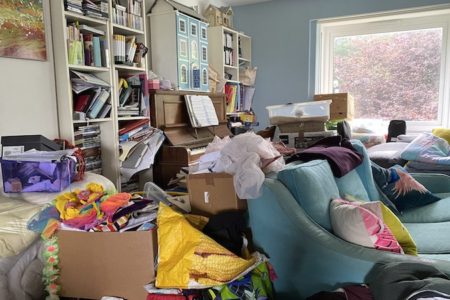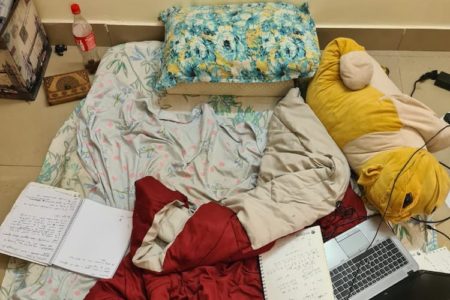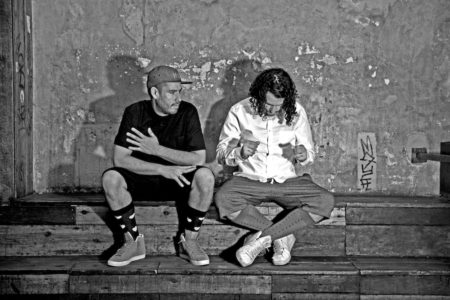Heimlich Maneuver

We were twenty-two weeks into the pandemic when I saw my sister choke on camera. She and I were video chatting, as we have been doing more often now that we are both always at home. Her in Atlanta, me in Berlin. Her afternoon, my evening. It’s brought us closer, these mundane little chit-chats about what we were reading or watching, which friends we had gathered with outdoors. We relay family gossip; we talk about politics.
As we talked, she sat down with a bowl of noodles and began eating her lunch. We often talk while one of us is cooking or folding laundry, the phone leaning against a box of pasta or a stack of towels. Once, I was so immersed in whatever we were talking about that I accidentally melted the corner of a plastic cutting board onto the burner of my electric stove. I had been chopping vegetables and looking at her, and hadn’t realized that I had edged too close to the heat.
As she ate, I told her about my upcoming vacation in Italy. She was happy for me, even though I felt guilty that I could enjoy something as extravagant as two weeks road-tripping through one of the most beautiful countries on earth while my American friends and family hadn’t eaten at a restaurant in six months. As I explained our route, she coughed, then stood up. I trailed off; I could see only her back. She walked across her living room, arms up in the air, then off camera. A half second later, she emerged on the left side of the screen, close up, face red, a slick of white vomit dribbling down her chin. Her hands at her neck—I’m choking—her eyes panicked.
“Oh my God,” I said and hung up the call. She lives alone. Should I call Mom? What would she do—she was in Minnesota. I opened Google: “How to call 911 Atlanta.” I scrolled through the results. No obvious answer jumped out at me, and my mind was full of images of my sister passed out on the floor, as I, the only other person who knew what was happening, scrolled impotently on the other side of the world, trying to find a number that could help her.
A thought slowly bubbled to the surface of my mind: This will either be a weird story, or the absolute worst moment of my life. For those few seconds, there was no way to tell which was true.
She called back. “Whew!” she said, breathing hard. “That was weird.”
Later that night, after she had assured me many times that she was all right and she was making a tele-doc appointment and she would be eating only ice cream and yogurt for the foreseeable future, I spent a long time trying to figure out how to call emergency services in an American town that I was not currently in. As far as I could tell, the best thing to do was call the non-emergency number for the local police—the same police that were currently beating and gassing protestors around the country for questioning their authority to extrajudicially murder whomever they liked. I reluctantly saved the numbers for the police in Atlanta and St. Paul, where my parents live, in my phone.
What else could I do? My family can’t come to Europe, and though I would be allowed into the US, I don’t want to go. I feel a heart-squeezing guilt at the ease of my life in Germany; I watch each day from afar as more than two hundred thousand of my countrymen and counting have died from the virus, as protestors bravely take to the streets, as the fascist in the White House does everything he can to make things worse. Should I go? Could I help? What would I even do? I am so safe, but feel so afraid.
At the beginning of the pandemic, when my mother was reluctant to stop going to the gym, I joked—“joked”—that I wouldn’t be able to come see her in the hospital if she got sick. “I’ll have to say goodbye to you on WhatsApp I guess! I’ll go to your Zoom funeral!” I said cheerfully, while she made a face to let me know I was being ridiculous. We didn’t know, then, that even people who were in the same city as their loved ones would have to say goodbye over video chat, to keep the virus from spreading.
In summer, things open up in Berlin. I start meeting friends in parks, at lakes, at outdoor cafes. Mask compliance is high, and anxiety seems low. I write down my phone number at restaurants for contact tracing. I spend a few days at the Baltic Sea, where beachgoers sun themselves a respectful two meters away from each other.
How is your family in America? my non-American friends ask.
They’re healthy, I answer. But sad. They still can’t really go anywhere.
Hm, they say, thinking back to the few weeks in April and May when we also couldn’t really go anywhere.
Did you know, I say, that Arizona, where my in-laws live, has as many new daily cases as the whole EU?
Wow, they say, looking around the park or restaurant where we’re sitting. That’s bad.
There are a few weeks in early summer when I watch video after video of American police officers brutalizing protesters. The clips from cities around the country, stripped of context, blur into a single montage of state violence. More Black citizens are murdered, on camera and off. The president gets on television and says something insane that everyone takes both too seriously and not seriously enough. I know it’s America—it has always been America—but from this distance, the images call to mind other revolutions, failed and successful.
Which one will this be? The only way to know, I guess, is to hope you live through it. We have to see the story through to know if it will end in triumph or tragedy. Berlin knows, several times over, what it’s like to live through world-changing events, and reminders and memorials of what happened the last time a megalomaniacal racist ruled a major Western country are everywhere. As I walk to meet a friend at a restaurant, I step over the Stolpersteine, brass plates in the sidewalk memorializing the victims of Nazi terror. They’re always underfoot, a constant reminder of what happened here. I wonder what American cities would look like if every victim of genocide, slavery, Jim Crow, internment, deportation, and police violence was memorialized this way. I imagine whole sidewalks of shining brass, blinding in the sunlight.
After the 2016 election, I heard an interview with someone whose Austrian Jewish grandmother had escaped the Nazis. She had had a friend abroad who could hide her money, he explained, and that was what allowed her to escape. I started joking—“joking”—with friends and family: I’ll hide your money, if you need to get out. When Trump threatened to send the military into cities including Atlanta and Minneapolis-St. Paul, I sent my parents and sister the paperwork they would need to fly to Germany, despite the travel ban, because they would be visiting a close relative. I sent them a copy of my residence permit. Do you have cash and passports in a bag, ready to drive to Canada? I asked my dad. Just in case, just in case. You never know.
As I work on this essay, new tragedies befall my country, more people die. My grandmother is ill and admitted to the hospital. She’s fine, for now. Ruth Bader Ginsburg dies, terrifying everyone who depends on the whims of the Supreme Court for health care or access to abortion or the right to be married to their spouse. Trump tests positive for the coronavirus, a satisfying plot twist but one that promises only more chaos. When the sky over the West Coast turned bright orange from wildfire, my friends joked—“joked”—“You got out just in time! The country is literally on fire!” I guess that’s true, but my heart is still there, on the other side of the screen, and I don’t know how to help.
When will it be safe to travel between my new home and my old one? When will I see my family again? The answer lies somewhere in the spaces between the words I’ve heard on almost every phone call recently: “We’ll see what happens in November.” What they mean is: It could get a little better. It could get much, much worse. The only way to find out is to try to live through it.
-Elizabeth Dana


